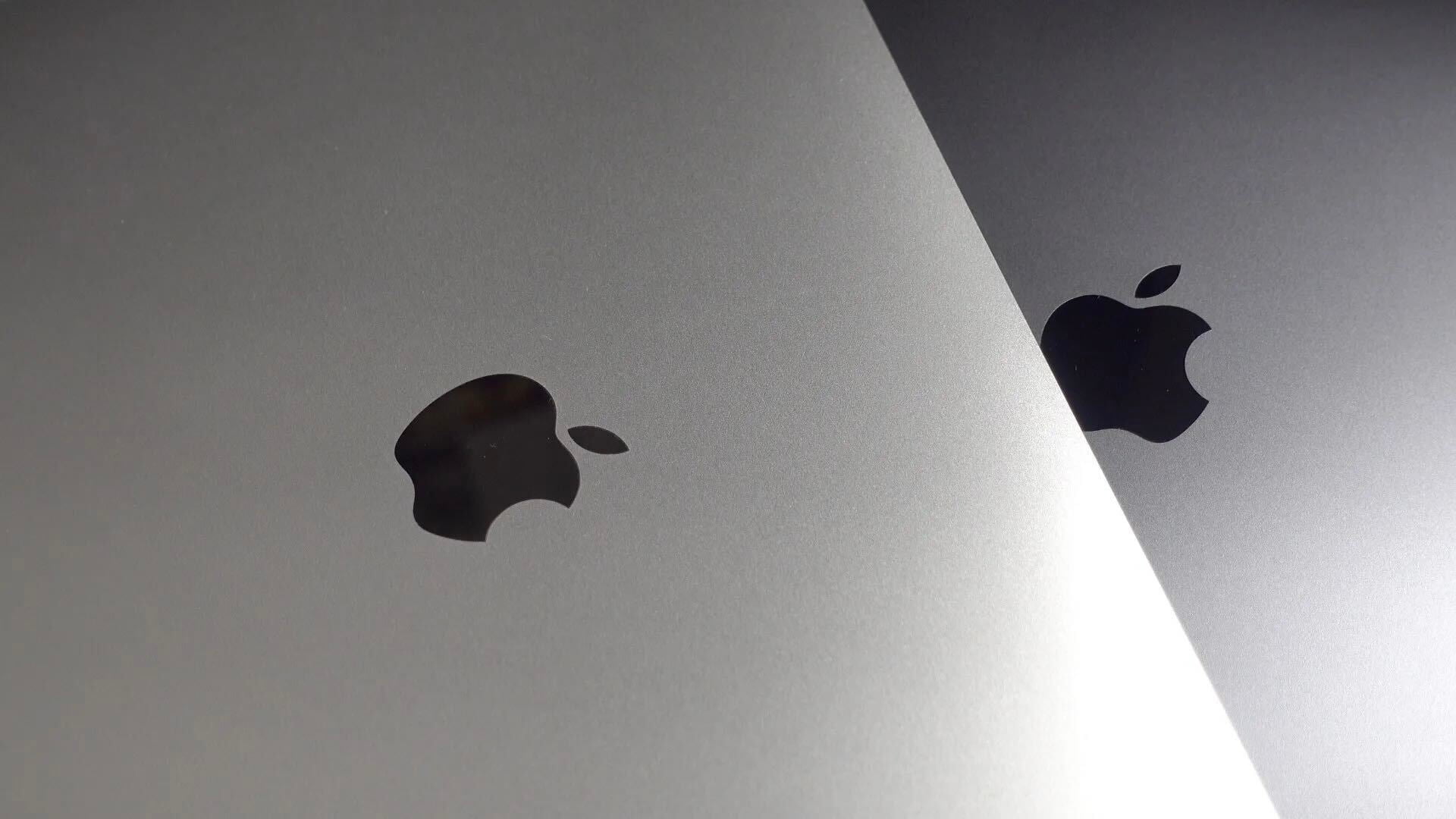
With iOS 12, Apple launched a new Screen Time functionality for monitoring device and app usage. As part of that, TechCrunch reports today that Apple is cracking down on third-party screen time trackers in the App Store with stricter reviews and in several cases, removal from the App Store.
What’s important to note is that these applications had not been using any official, Apple-approved frameworks or methods for tracking screen time. Instead, they relied on combinations of VPNs, MDM solutions, and background location functionality. In some cases, they create privacy concerns for Apple and the end-user.
TechCrunch outlines several applications affected by Apple’s crackdown on screen time workaround apps. One such app is Mute, which publicly announced its removal from the App Store in October, while another is the three-year old screen time app Space, which was removed in November.
Several other applications were also reportedly removed from the App Store or had updates rejected, but did not want to be publicly named. In most cases, developers were told they were in violation of an Apple Store guideline related to location functionality:
Some of the developers, we understand, were told they were in violation of App Store developer guideline 2.5.4, which specifies when multitasking apps are allowed to use background location. Specifically, developers were told they were “misusing background location mode for purposes other than location-related features.”
Other apps were cited for violation of a different guideline related to how they implemented public APIs.
However, it hasn’t been all bad news for some of these screen time applications. Both Space and Mute, after going public about their removal from the App Store, were contacted directly by Apple for additional details on user privacy and how they use location-based services. In the case of both, the apps were reinstated to the App Store.
The Apple reps asked the companies about how they handled data privacy, and reminded them they have to have a customer-facing feature that requires location-based services in order to legitimize their use of such an approach, they reported.
“We are of course hugely grateful that Apple has chosen to continue to allow our business to operate,” said Space CEO Georgina Powell.
Not all applications have had such luck, though, including OurPact and ACTIVATE FITNESS. Both of these applications were informed by Apple that they could no longer use MDM – mobile device management – technology for building screen time functionality.
Amir Moussavian, CEO of OurPact parent company Eturi, said the following in a statement to TechCrunch:
“Our team has received confirmation from Apple that managing application access and content outside of iOS Screen Time will not be permitted in the Apple device ecosystem. It’s incredibly disappointing that Apple is choosing to dissolve the iOS parental control market at a time when childhood and adolescent screen time management is finally being understood as a necessity.”
Other applications, such as Kidslox, haven’t been completely removed from the App Store yet, but instead Apple is rejecting recent updates to the apps. Kidslox CEO Viktor Yevpak accused Apple of “systematic destruction” of the third-party screen time management industry in a blog post.
Apple did not comment on what seems to be a crackdown on third-party screen time applications, but TechCrunch cites a source familiar with the matter in explaining that Apple is not necessarily targeting screen time apps. Instead, it’s part of the company’s ongoing process to clean up the App Store:
But sources familiar with Apple’s thinking dismissed this as being some sort of targeted crackdown against third-party screen time apps. Rather, the pushback developers received was part of Apple’s ongoing app review process, they said, and noted that the rules these apps violate have been in place for years.
Apple has a history of going against applications that mimic built-in iOS functionality, but whether or not that is actually what’s going on here is unclear. The timing of the crackdown on APIs used by third-party screen time apps, which is just months after the introduction of the first-party Screen Time feature, is certainly suspicious.
Subscribe to 9to5Mac on YouTube for more Apple news:
FTC: We use income earning auto affiliate links. More.

Comments